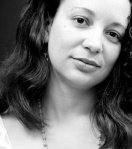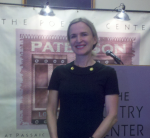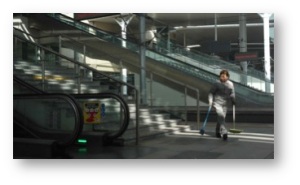Faith S. Holsaert has won the Press 53 Open Award for her novella, Chosen Girl.
From Judge David Abrams:
…This is a full-bodied portrait of a full life, lived between World War Two and Vietnam, between Jim Crow and McCarthyism, between the innocence of a four-year-old girl and the resonant memories of a thirty-year-old woman…. The best compliment I can pay this novella of a few dozen pages is that when I arrived at the end, I felt like I’d just emerged from the richly built world of a thick novel. I would gladly spend many more hours inside Deborah’s life.
From Chosen Girl:
In the beginning were my parents, shoulder to shoulder, the baby floating within their massed outline.
I sat close, in either lap, during their disputes.
My father said, “Oliver Twist. It’s a wretched book, Deirdre. You like it because you read it as a child.”
“I like it because it’s about people. Not like your Eliot, who writes about things.”
“Deirdre, Fagan’s a sentimental abomination.”
She held me tight against her bosom, and I learned how her muscles tightened when she clenched her teeth. “Well I love that book.”
“Fagan’s an anti-Semitic stereotype,” said my WASP father.
She struck quickly. “Are you Virginia Woolf to my Leonard?” My Jewish mother.
Silence.






